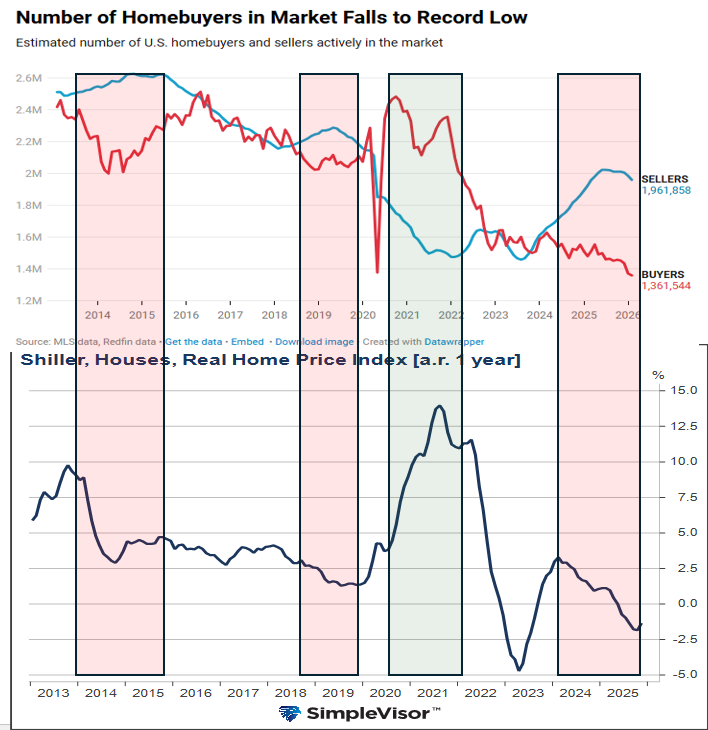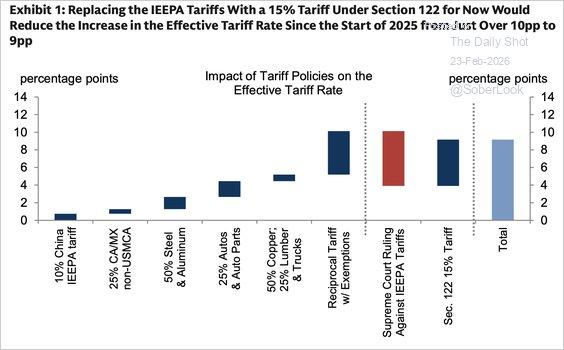Could Texas usher in a uniquely decentralized approach to immigration?
Texas Governor Greg Abbott recently embarked on a unique policy drive to have the state government lead the charge on immigration policy. It’s no secret that talks of immigration evoke powerful emotions on both sides — another indication of the elevated levels of polarization present in the US.
As I’ve previously mentioned, the present level of friction in Washington DC has effectively prevented comprehensive reform — be it abortion, gun control, healthcare, etc. — from being passed by either side of the aisle. Similar cases of gridlock have extended to any kind of immigration reform, which has motivated states to construct their own immigration agendas.
Perturbed by the federal government’s perceived inaction on immigration, several conservative state governments filed lawsuits against the Biden administration for its decision to reverse Trump era immigration policies such as the construction of a border wall and Remain in Mexico (a policy that compelled asylum seekers from Central America to stay in Mexico as they wait for American immigration courts to process their asylum cases.)
In a similar vein, Texas has proactively moved forward with plans to finish the construction of its own wall to purposes of border control. Abbott’s government has led the charge in having Texas assume a function traditionally seen as a domain of the federal government. Curiously, the Abbott government’s plan to finish wall construction appears to be moderate when juxtaposed to some of the incumbent governor’s challengers in the 2022 gubernatorial primary. Namely, former State Senator Don Huffines and former US representative Allen West.
Huffine’s campaign platform focuses on having Texas “secure its border.” The former Texas Senator is of the belief that only Texas, not the federal government, is capable of doing the job. Huffines says he will activate the National Guard, Texas military forces, and other state law enforcement bodies to shore up border defenses.
What sticks out in Huffine’s immigration policy is how he acknowledges that states handled immigration “on their own authority under the U.S. Constitution.” However, since the late 19th century, the federal government, especially courts, have made attempts to fully federalize border control. Huffines vows to have the Texas state government take control of the state border regardless of what the federal courts say.
Likewise, West’s gubernatorial campaign platform calls for the mobilization and deployment of the Texas National Guard and Texas State Guard to increase border controls. West has also understood that the federal government is likely not going to make any significant efforts to bolster border security anytime soon, so his campaign has made it a point to have the Texas state government as the main driver of immigration policy. Per his campaign platform, West wants to establish a Texas Border Patrol agency with the authority to arrest and expel illegal aliens from Texas.
The proposals West and Huffines have put forth are perhaps bizarre to the average person who follows politics. It makes sense when looking at how they have been politically socialized through their schooling. Most Americans have been led to believe that immigration is an exclusively federal affair. This would sound foreign to Americans of the 19th century. Up until 1876, when the Supreme Court ruled in the case Chy Lung v. Freeman that immigration is a federal responsibility, states enjoyed considerable autonomy in crafting their own immigration restrictions or lack thereof.
In a previous article, Ryan McMaken called attention to the fact that states and localities possessed the ability to expel immigrants based on desirable or undesirable traits. The latter traits — inability to work, having mental deficiencies, being more prone to commit criminal acts, or being at risk of winding up on the dole — could be grounds for deportation.
Immigration standards in the US operated in such a manner until the 1880s, when the national government began to usurp traditional functions of state governments on immigration enforcement. Though this transition from state-to federal enforcement was gradual in nature, with states continuing to work with the federal government. It was only in the 20th century – marked by the federal government’s utter domination of nearly every facet of human life – that the federal government fully monopolized immigration enforcement.
Huffines’ and West’s immigration platforms express a degree of political realism, in which they recognize the federal government’s inability to form a consensus on how to tackle the matter of immigration.
It is dawning upon many states that the federal government is not going to pass any monumental reforms — whether immigration restriction for the Right or universal healthcare for the Progressive Left. The most hardcore of political partisans will simply have to come to grips with the reality that in many cases their ideological desires can only be realized in states that share their cultural and ideological profiles.
What we’re beginning to see is what I recently dubbed as policy ghettoization, wherein states specialize in passing laws that the most fervent activists on the Left and Right, respectively, cannot enact at federal level. Instead of bemoaning how broken the federal government is, political activists of all stripes should blaze new trails by having their state governments realize their legislative desires that they cannot achieve on Capitol Hill.
We are now living in a time when people are paying more attention to their county commissioners, school boards, city councils, and state legislature. A decentralization revolution could be upon us if people opt to muddle through and build creative political solutions in their political backyards instead of reflexively turning to the Beltway for the answers to their problems.
This is one opportunity Americans should not pass up on.
Full story here Are you the author? Previous post See more for Next postTags: Featured,newsletter



























